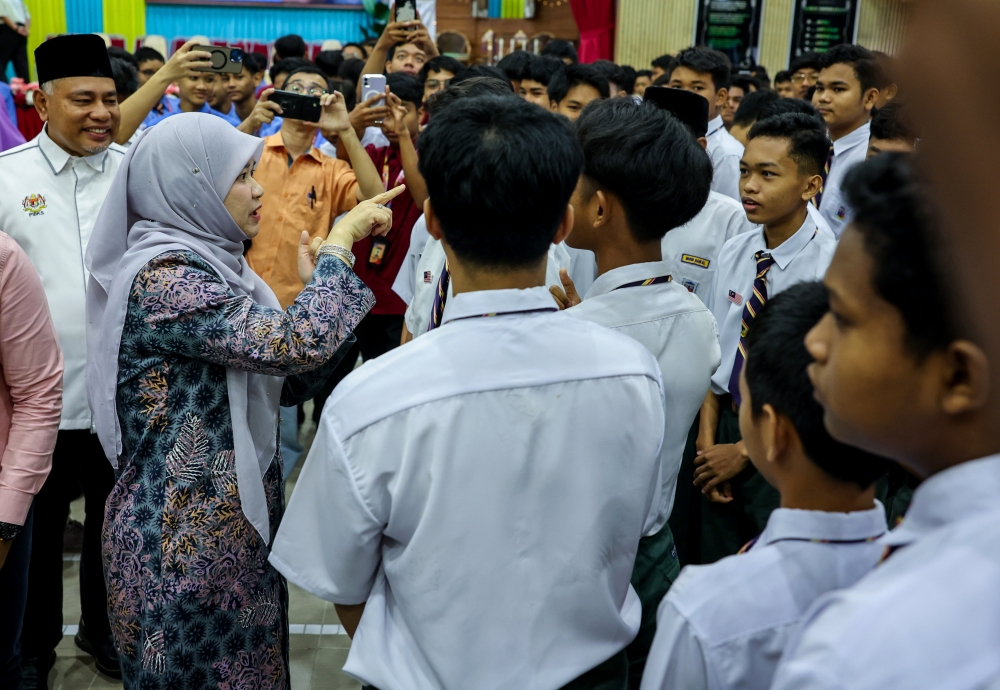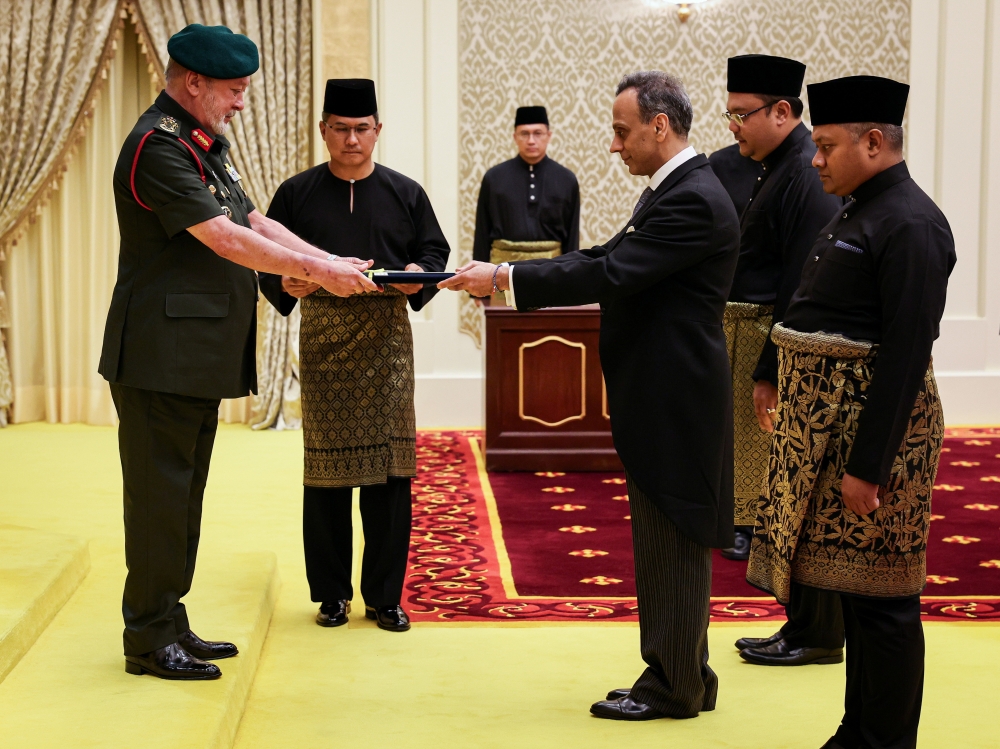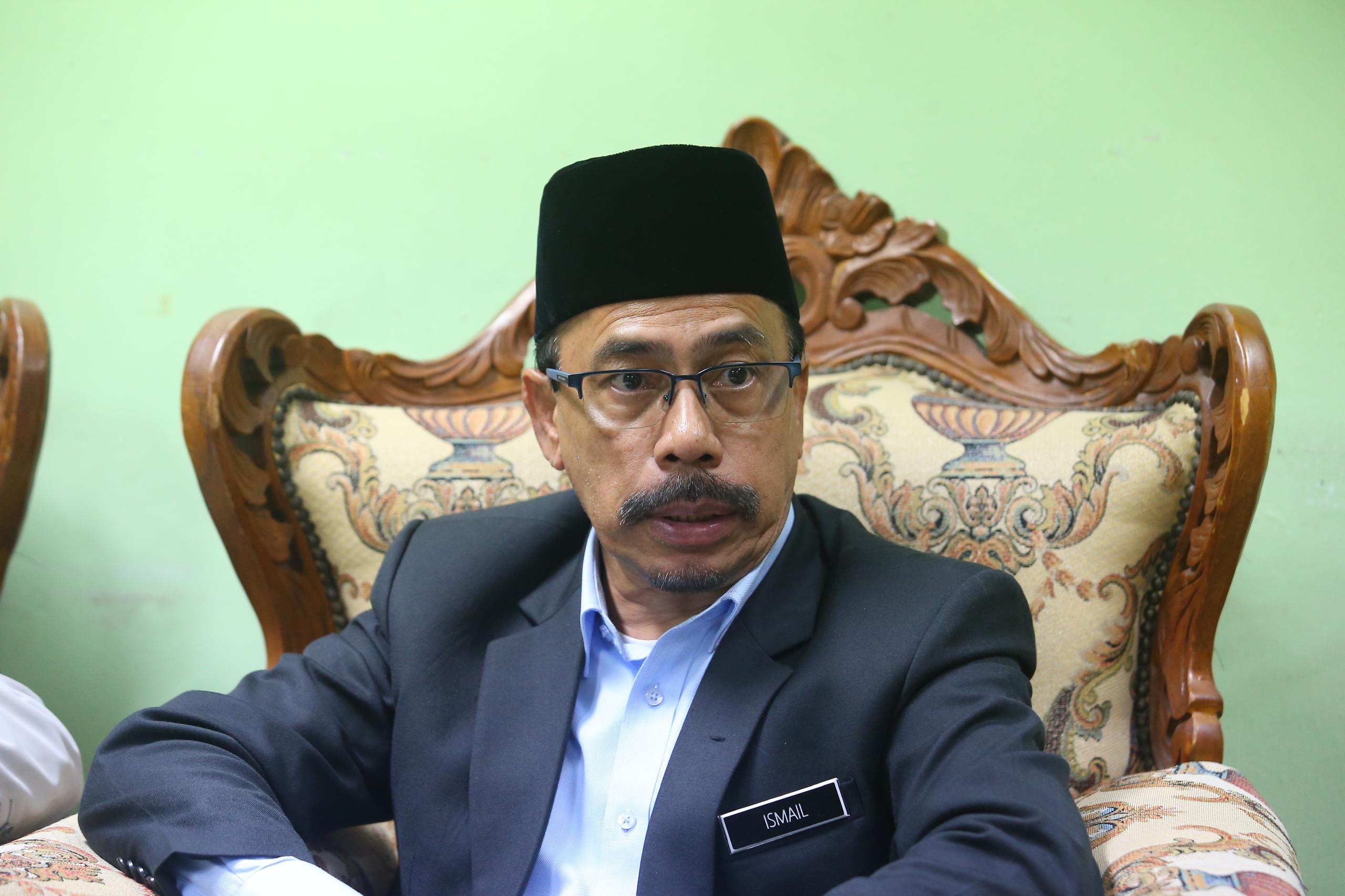GEORGE TOWN, April 21 — Education Minister Fadhlina Sidek has urged Asean countries to collectively develop educational initiatives to build regional resilience and shared prosperity.
Speaking at the Empowering Education Summit 2025, she proposed five joint actions to future-proof Asean’s education landscape — starting with an education futures taskforce.
“The taskforce will be a regional foresight group comprising educators, industry, and futurists to anticipate education challenges and policy responses,” she said during her keynote address here.
Second, she proposed an Asean Digital Skills Passport, a blockchain-based credentialling system to support skill recognition across borders, especially for technical and vocational education and training (TVET) and gig workers.
Her third recommendation was the Asean Skills Mobility Corridor, which would offer internships and apprenticeships across neighbouring Asean countries.
She also called for a common Asean Early Childhood Framework to standardise developmental and pedagogical standards for children aged zero to six.
Fadhlina’s fifth proposal was the establishment of Asean Innovation Labs in Schools to promote coding, design thinking, and problem-solving skills.
She said education must also shape values, empathy, and purpose so Malaysia is embedding Education for Sustainable Development across its curriculum.
“Modules on climate action, biodiversity, civic participation, and ethical technology use are being integrated from Year Four onwards,” she said.
She also highlighted Unity Schools and the School Twinning Programme, which promote ethnic integration and cross-regional understanding.
In higher education, Malaysian universities are encouraged to co-develop degrees and research partnerships with Asean counterparts.
She cited Universiti Kebangsaan Malaysia’s collaboration with the University of the Philippines on disaster and climate education and Taylor’s University’s joint programmes in hospitality and creative arts with Thai and Indonesian institutions.
The Malaysia Asean Research Consortium is also funding cross-border projects in agritech, clean energy, and healthcare innovations.
“We are ready to share, learn, and collaborate with our Asean neighbours to shape a future that is smart, inclusive, and sustainable,” she said.







